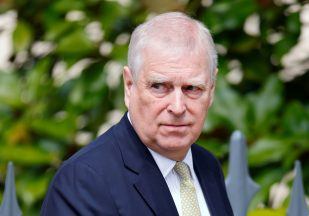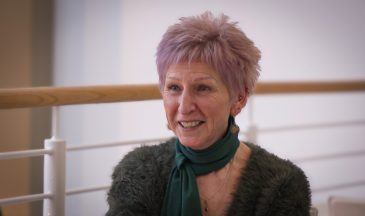Eliminating Covid-19 in Scotland would be near impossible, a health expert has said.
Dr Christine Tait-Burkard said the UK is in a very different position to New Zealand and Australia where such strategies are “quite feasible”, because you can only enter those countries by lengthy air or sea travel.
She said we will have to learn to live with the virus because the fact that it is so widespread across the globe means it is here to stay.
A panel of Scots convened by Holyrood’s Covid-19 Committee has called for an elimination strategy to be put in place to fight the virus, which would see restrictions in place to slowly work the number of cases to zero, though the group accepts there would need to be an agreement across the UK.
Dr Tait-Burkard, a research fellow in the department of infection and immunity at the University of Edinburgh’s Roslin Institute, was asked whether she believes elimination is a feasible strategy.
Speaking on BBC Radio Scotland’s Good Morning Scotland programme on Thursday, she said: “It is a very difficult strategy to pursue and in my opinion it’s near impossible, just because we live in a very multi-cultural society and have very close links to the continent.
“It’s a bit different from Australia and New Zealand where these strategies are indeed quite feasible because the only ports are by air or by boat.
“With the UK those links are very close and people can travel very easily.
“On the other hand we are on a good way to having vaccinated a good proportion of the population and are making headway in increasing that, so potentially in my opinion we just have to start to live with the virus, carefully weighing out all the negatives but the reality of the virus being so widespread across the globe means that this virus is here to stay.”
Asked whether eliminating the virus completely would mean the country being isolated for a prolonged period of time like New Zealand and Australia, she said: “Indeed, and the same measures as we have seen in for instance Melbourne very recently, where we see that as soon as any cases occur if we’re near that zero number we have very stringent lockdowns to really eliminate and control any spreading.”
However she said it will be possible to get close to the position last year where infection levels fell drastically in the lead up to the summer holiday period.
Meanwhile Professor Jason Leitch, the Scottish Government’s national clinical director, told the same programme it is “possible to strive” for elimination.
“I think global elimination is a long, long way away,” he said.
“We can see countries striving very hard for elimination and getting there and then they get little blips.
“So you saw this week in Melbourne some people might have been watching the tennis with a crowd and then no crowd.
“So six days, five days of lockdown because they got a few cases.
“So elimination is not eradicating the virus.
“The virus, in order to be completely eradicated, would be a smallpox-style, many years project, and the virus would probably have to help us.
“But we can strive for elimination.”
He praised the panel of citizens, saying: “Their recommendations are all excellent.
“I spent some time with them, they were full of questions, they wanted to deeply understand the pandemic and what happens next.”
Follow STV News on WhatsApp
Scan the QR code on your mobile device for all the latest news from around the country





























